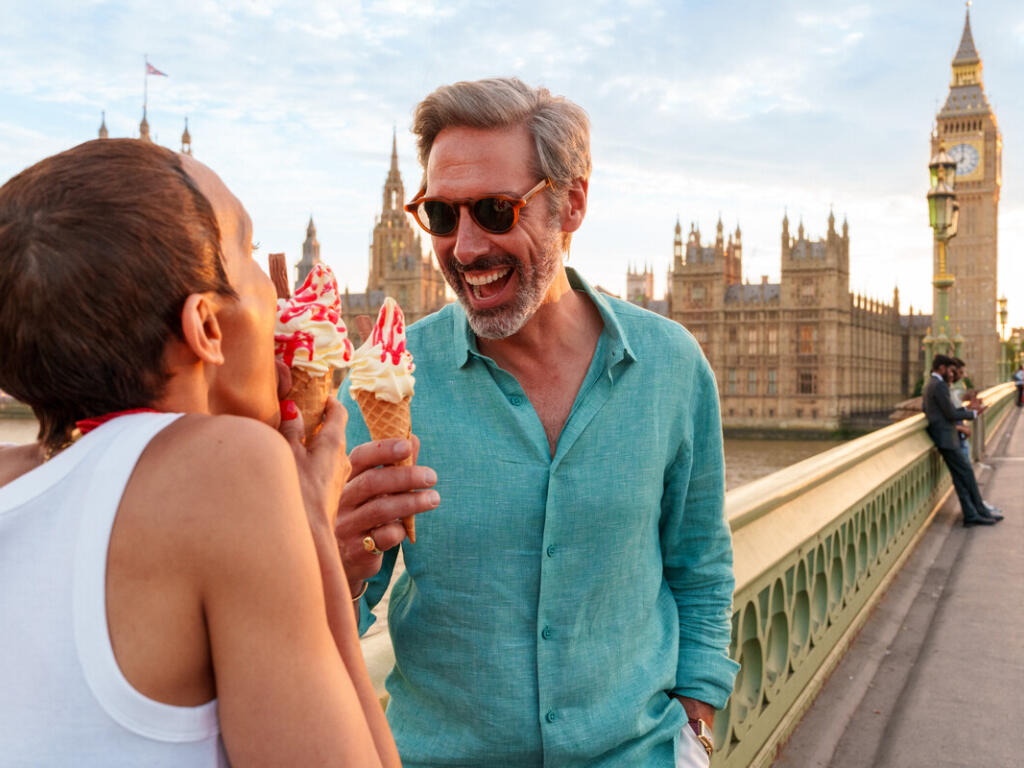
Last minute summer deals
Want to get away this summer? We've got just the ticket. Check out our flight deals departing soon.
So, where next?


Fly to London and beyond with Europe’s best airline
Award-winning service and iconic destinations from just $478
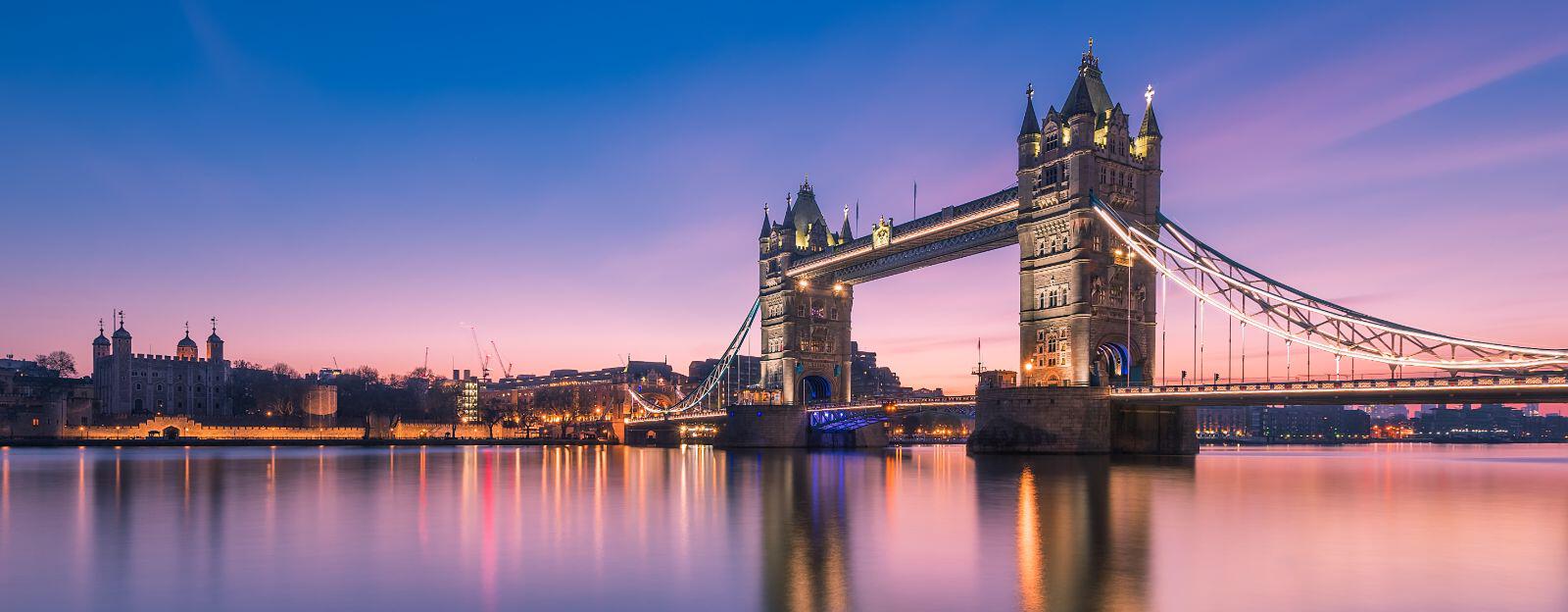

Use your Virgin Points for every seat onboard
Find the best available reward seat prices at a glance.

Want to get away this summer? We've got just the ticket. Check out our flight deals departing soon.
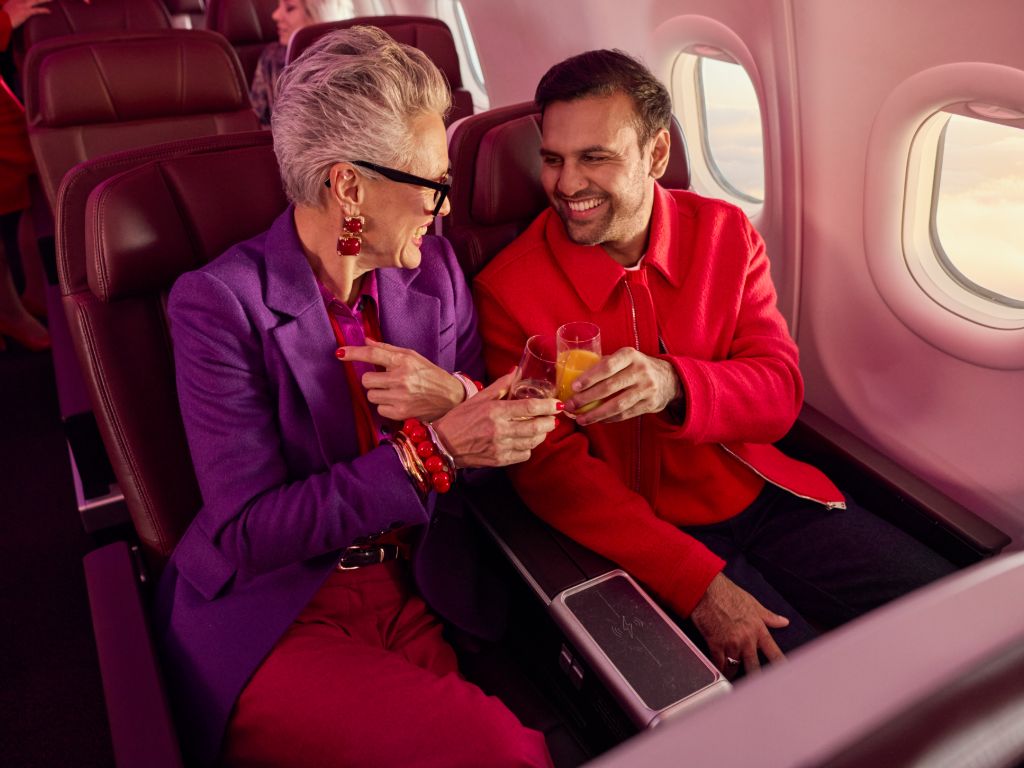
It's the little touches here and there that help you truly enjoy your time in the air.
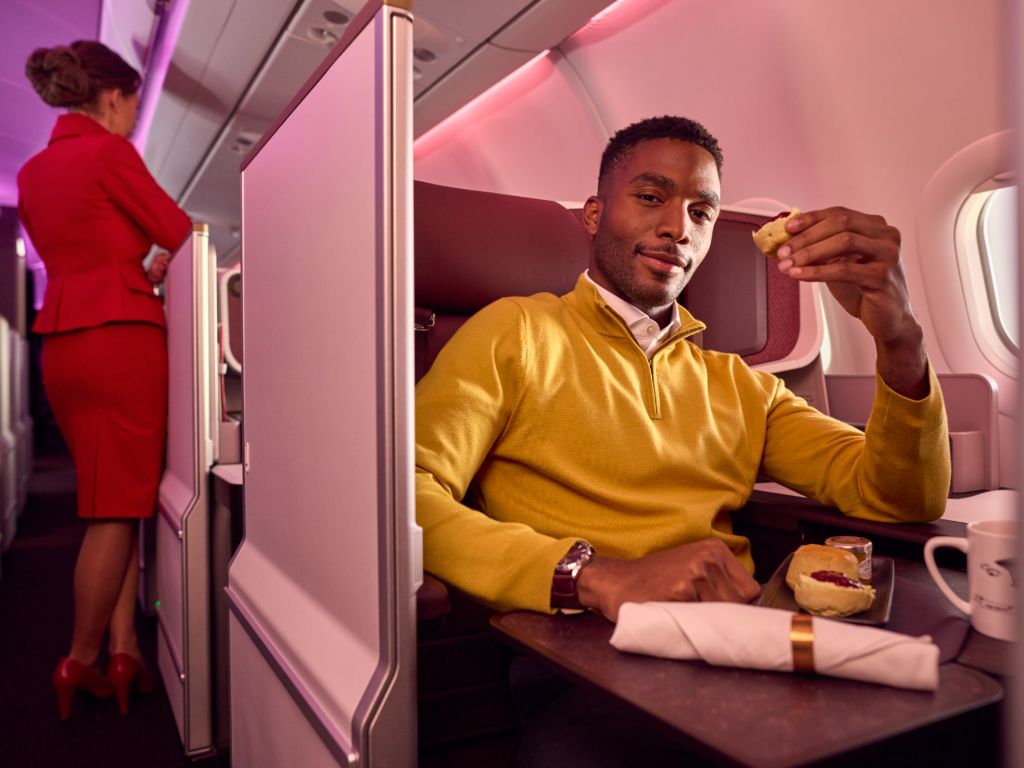
Experience the next level in luxury travel and make your journey something to look forward to.
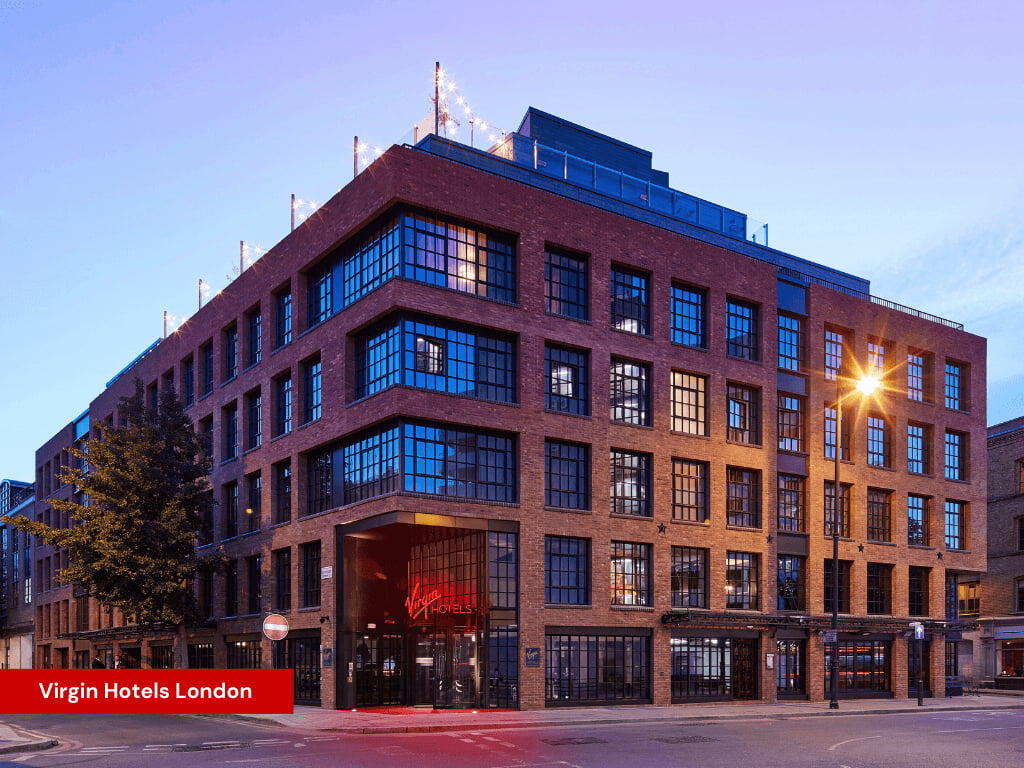
Stay at the newest hotspot in East London.
From sleek design and rooftop vibes to locally inspired dining and effortless comfort, Virgin Hotels London-Shoreditch brings style and serious comfort to the heart of creative London.
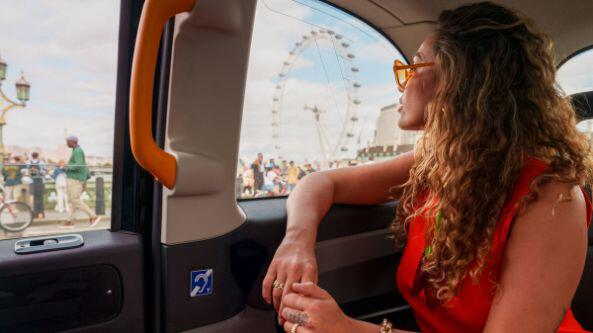
Fly with Virgin Atlantic from New York to London or Manchester, with easy onward connections.
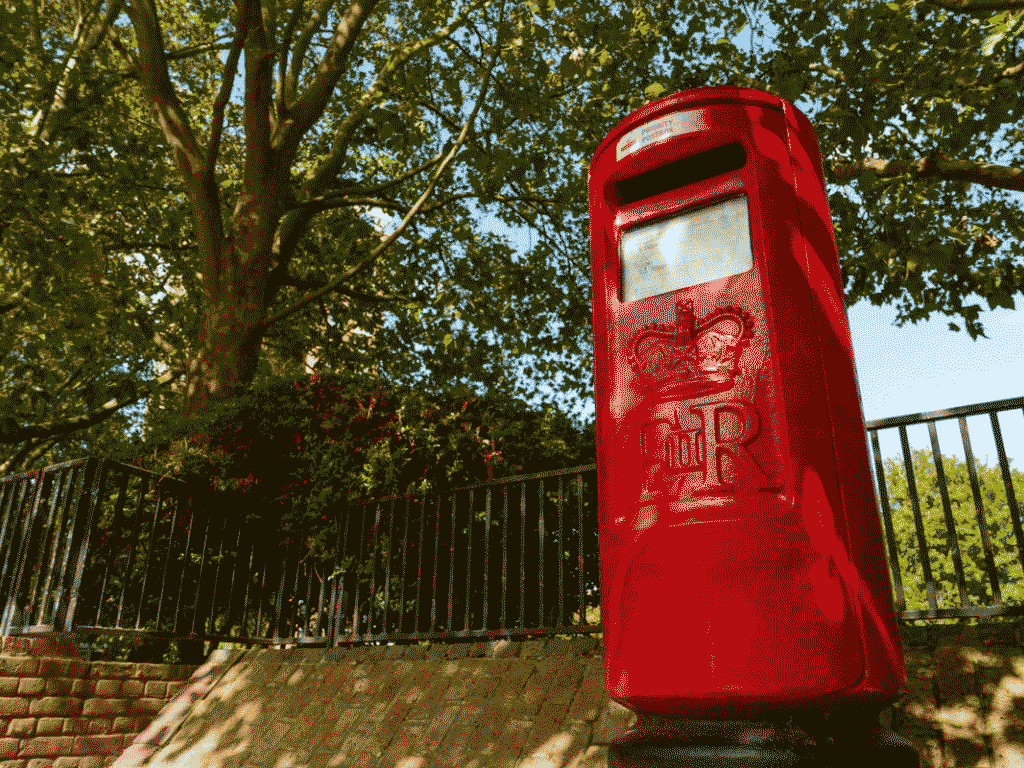
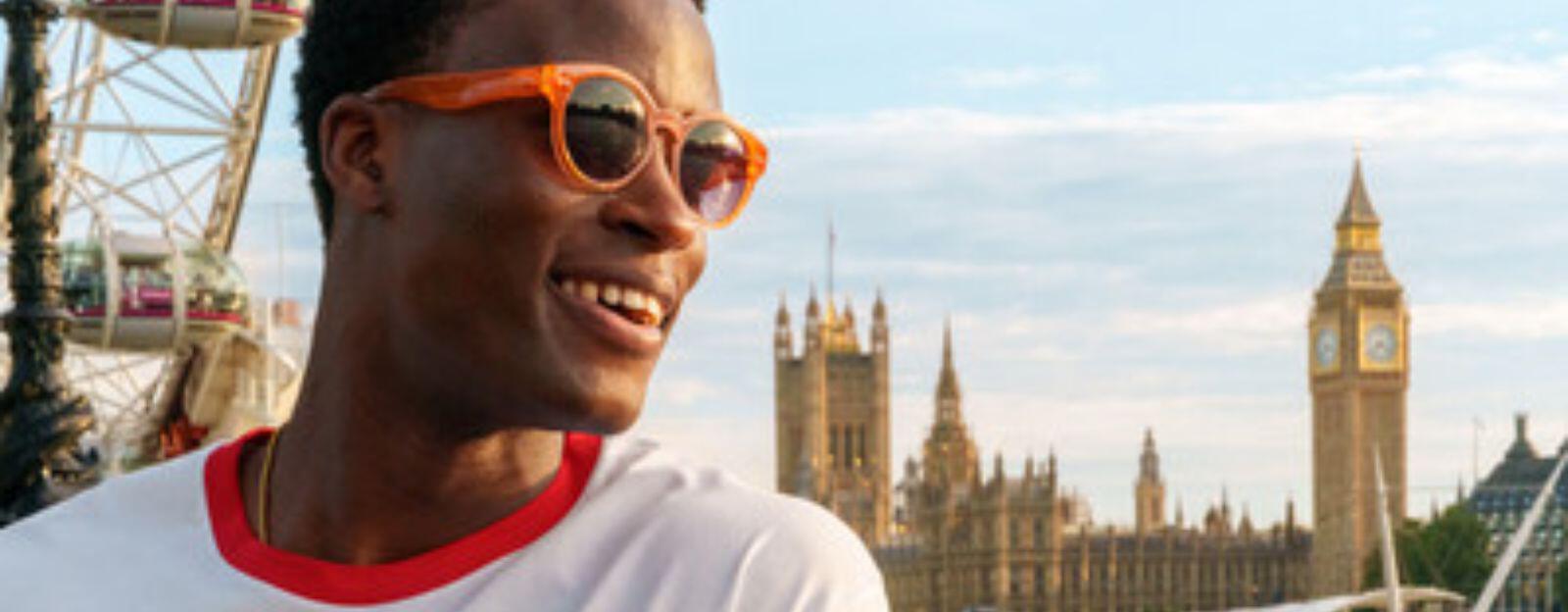
Fly daily with Virgin Atlantic from Miami to London Heathrow, with easy onward connections.
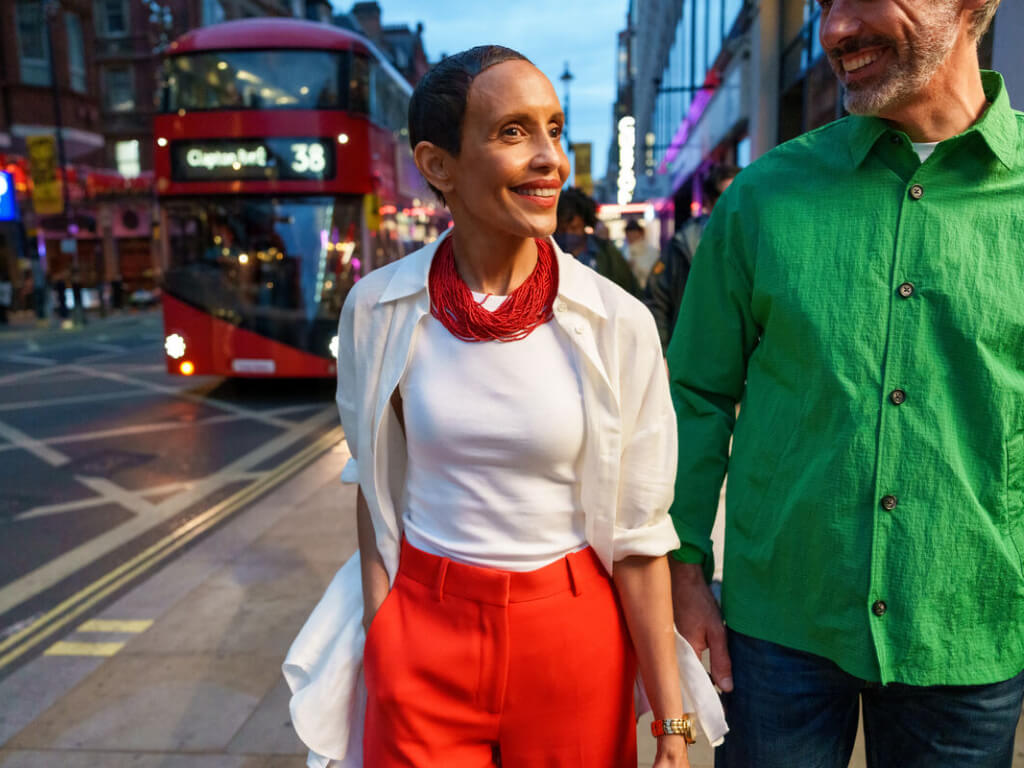
We fly daily from Las Vegas to London, connecting you onwards to destinations in India, Israel and Africa.
.jpg.vaa.75.jpeg)
Wherever you are, you're not far away from a flight to London. We fly direct to the UK from a whole range of places in the USA, including Miami, Washington DC, and Boston.
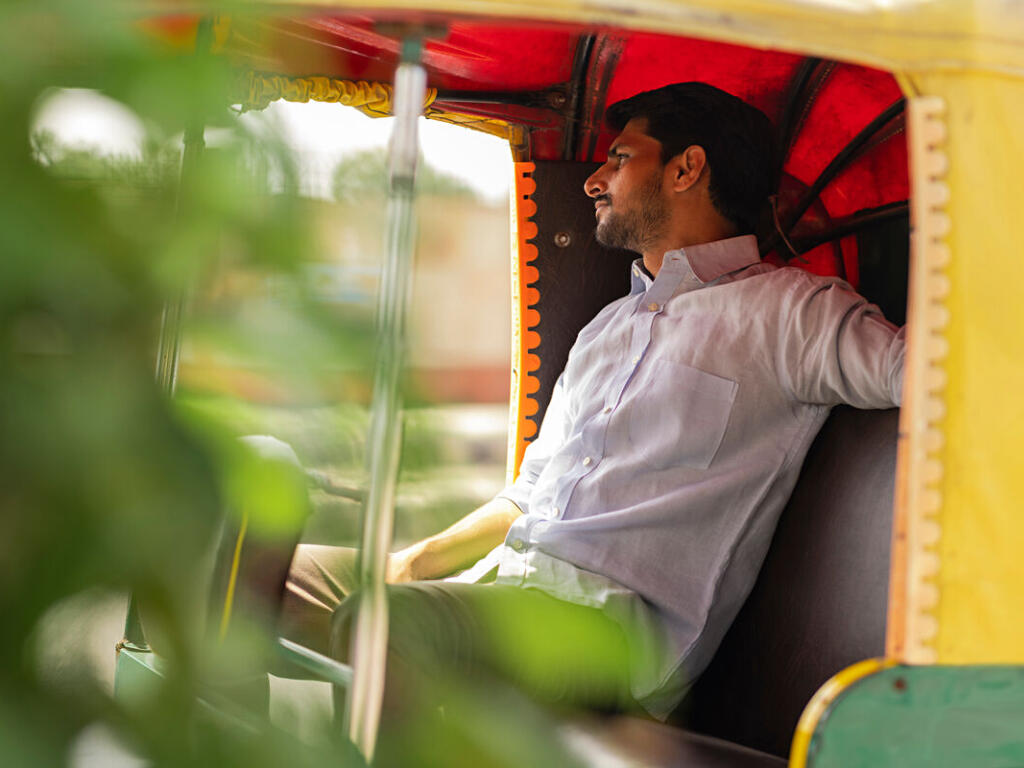
Your journey with us doesn't have to end in London
Our network includes incredible cities in Africa, Asia and the Middle East.
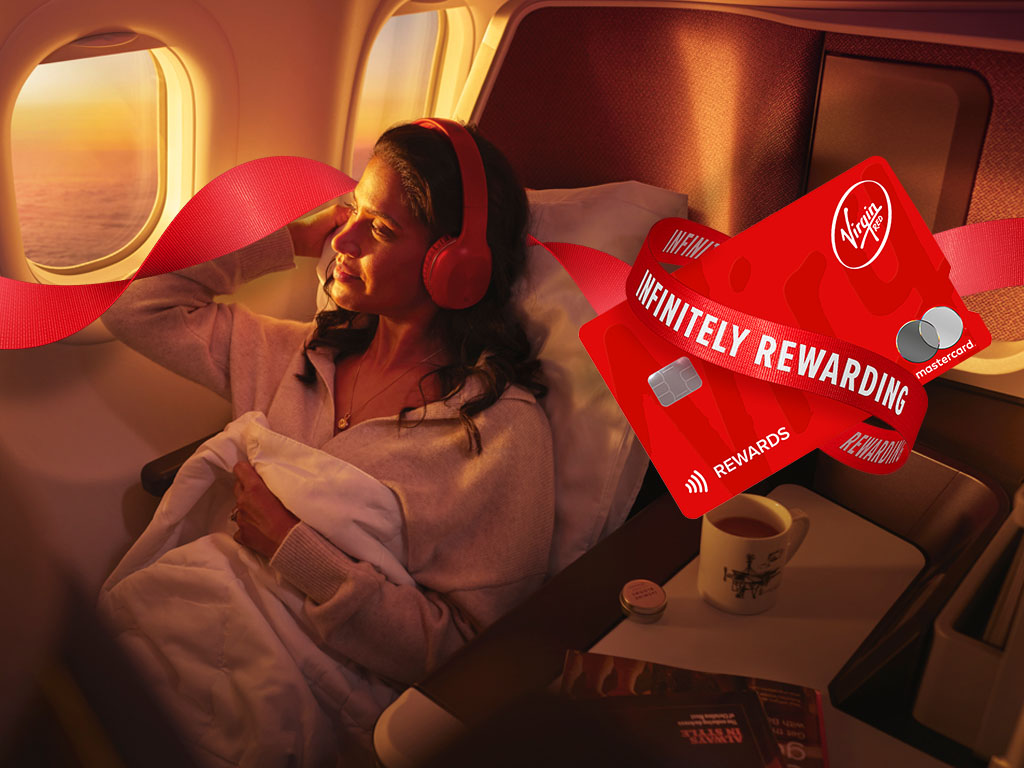
With the Virgin Red Rewards Mastercard®†, cardholders unlock a never-ending world of rewards. Every purchase leads to points, and more points lead to exclusive Virgin experiences.*
As a Boarding Bonus, you can earn 60,000 Virgin Points by spending $4,000 in the first 90 days of opening a new account.* That’s enough to cover multiple one-way reward flights with Saver seats starting from just 6,000 Virgin Points.***
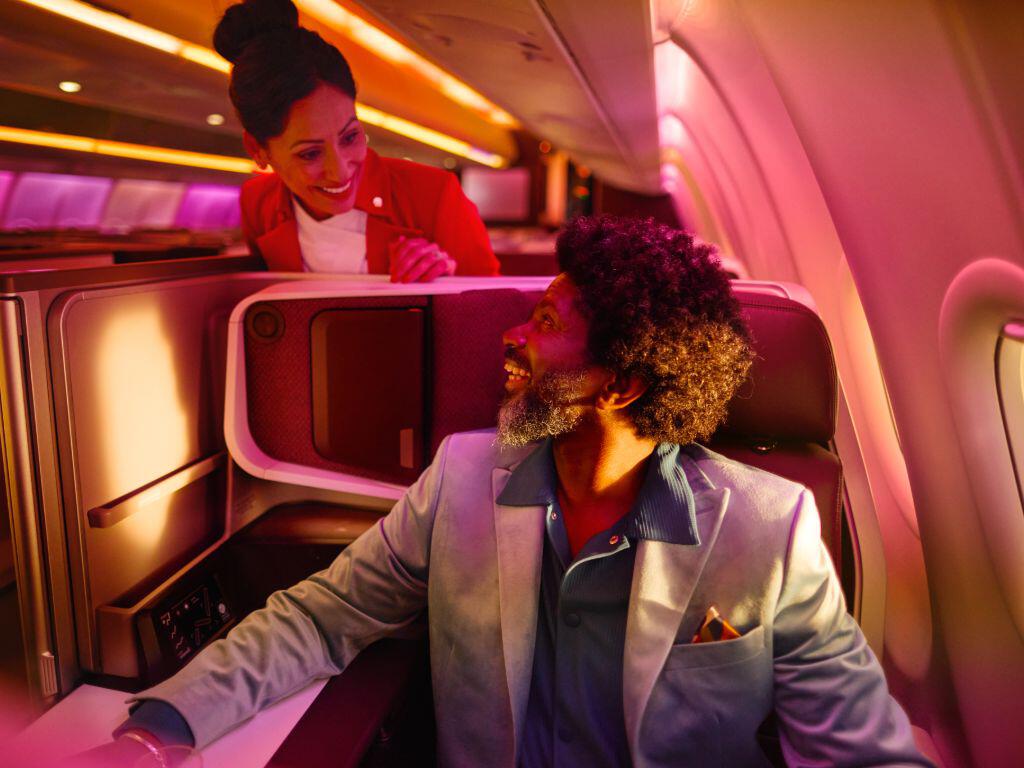
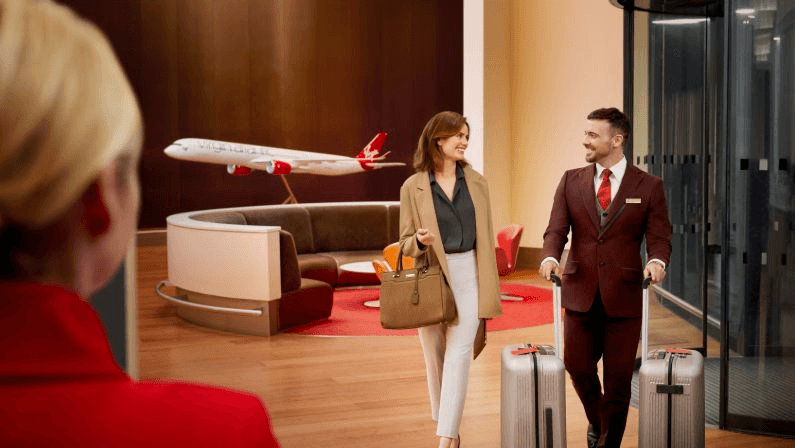
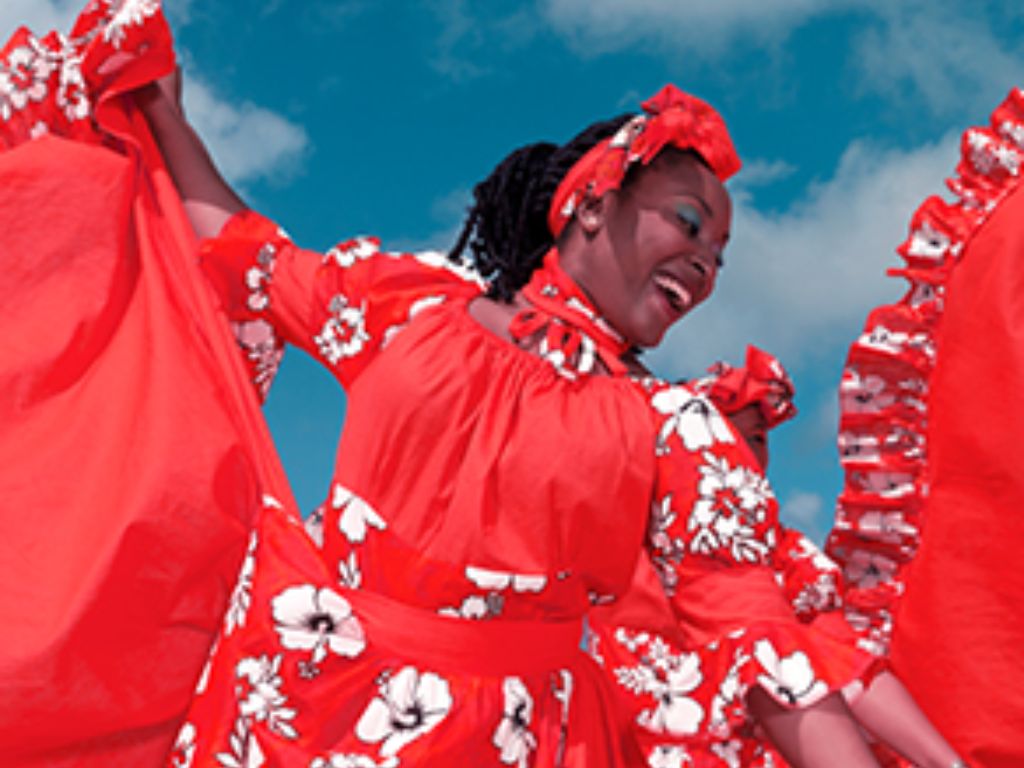
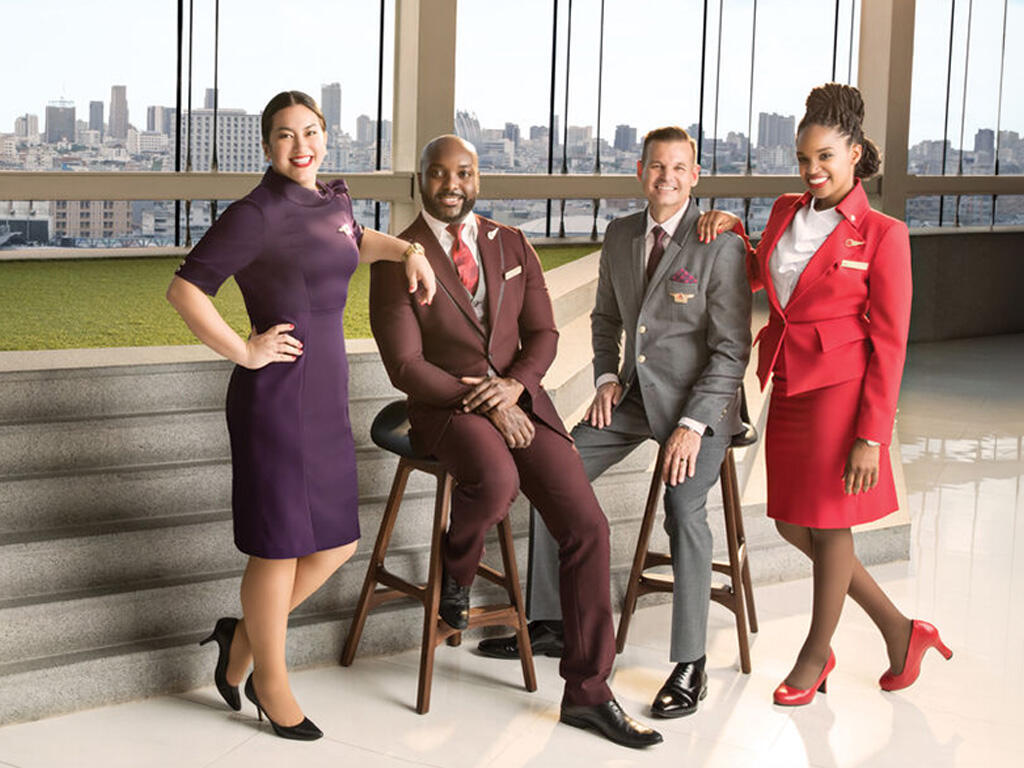
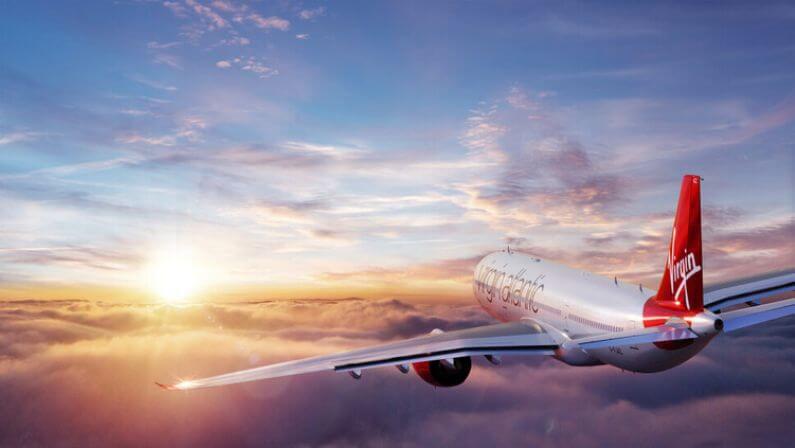
We’ve announced a set of ambitious interim milestones to take Virgin Atlantic to net zero carbon by 2050.